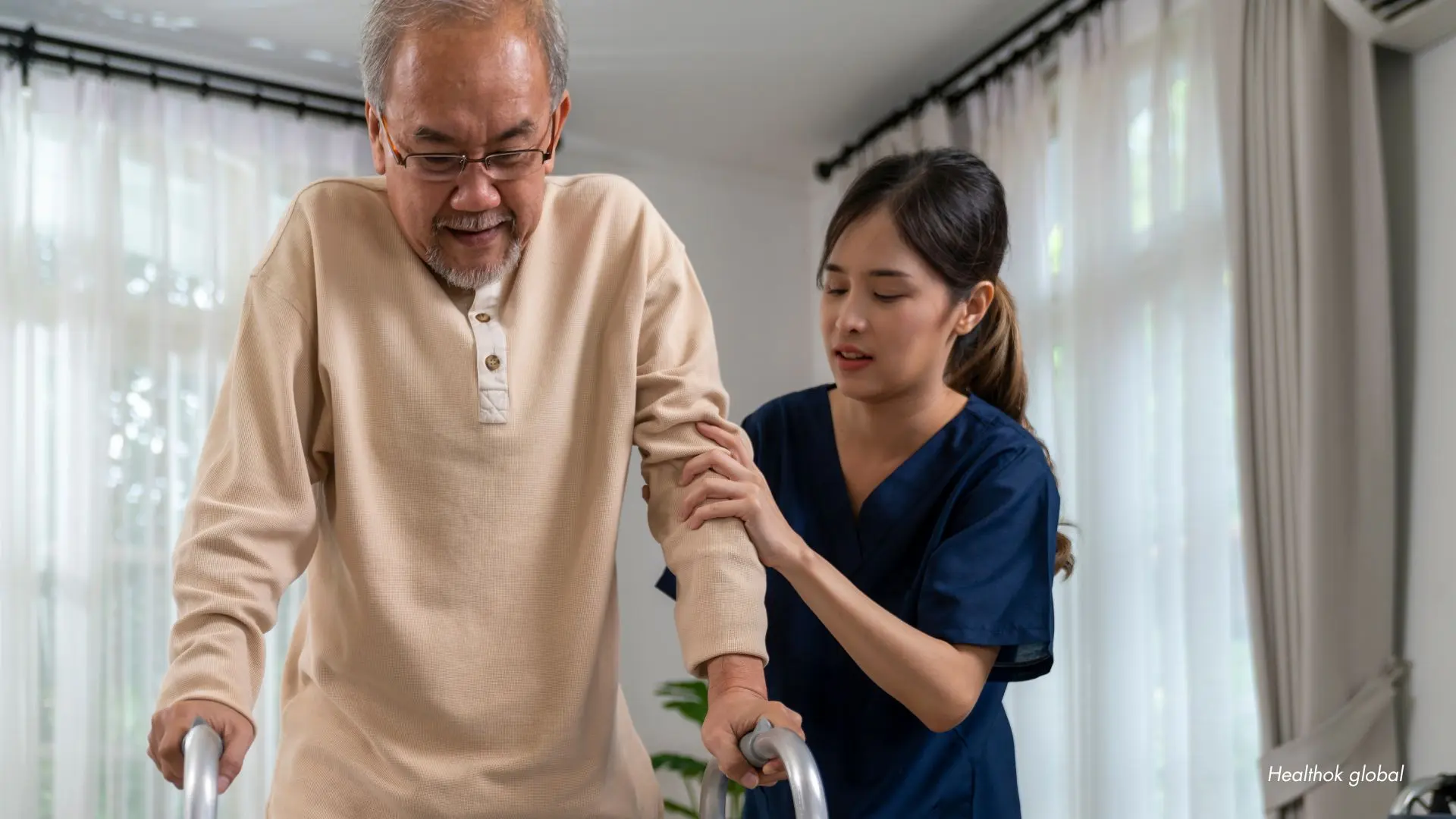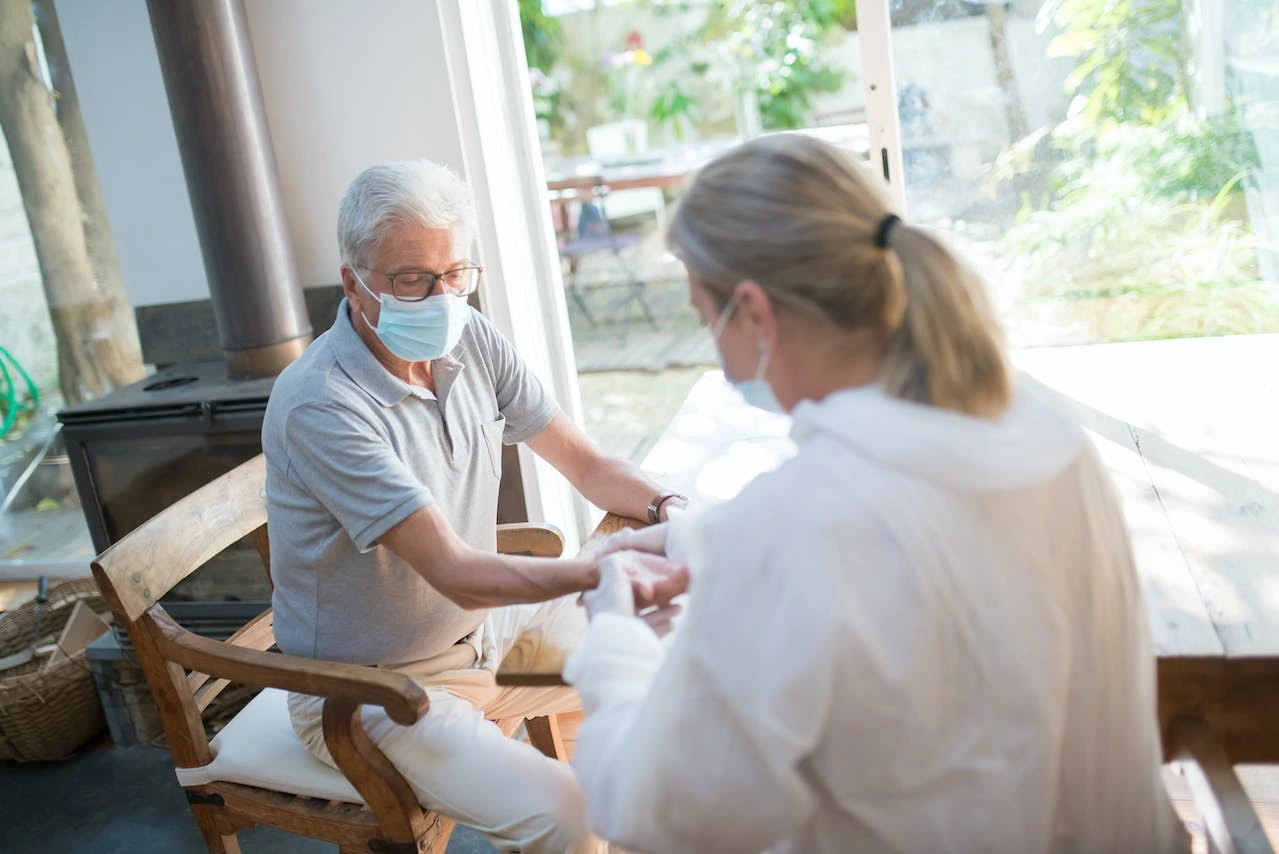Taking care of elderly parents is a noble and challenging responsibility. As our loved one's age, it becomes crucial to ensure their well-being
The Importance of Caring for Aging Parents
- Emotional Well-Being: Maintaining emotional stability and happiness is essential for elderly parents' mental health. Loneliness and depression are common among the elderly, and family support can alleviate these issues.
- Physical Health: Proper care at home can aid in better management of chronic illnesses and promote physical well-being. By ensuring they receive proper nutrition, medication, and exercise, you can help manage health conditions effectively.
- Family Bond: Caring for aging parents strengthens family bonds and fosters a sense of togetherness. The support and love you provide can create lasting memories and strengthen family relationships.
Key Aspects of Elderly Care
Physical Well-Being
- Diet and Nutrition: Provide a balanced diet rich in nutrients to support their energy levels and immune system. Consider consulting a dietitian for tailored meal plans.
- Exercise and Fitness: Encourage regular physical activity suitable for their abilities to maintain strength and mobility. Gentle exercises like walking or chair yoga can be beneficial.
- Regular Check-Ups: Schedule regular check-ups with healthcare professionals to monitor their health and address any medical concerns promptly.
Emotional Well-Being
- Communication: Foster open and empathetic communication to understand their feelings and concerns. Spend quality time talking and listening to them.
- Companionship: Ensure they have opportunities for social interaction to combat loneliness. Arrange visits with friends or participation in senior community activities.
Safety and Home Environment
- Home Modifications: Make necessary adjustments to the home to prevent accidents. Install grab bars, non-slip flooring, and adequate lighting.
- Medication Management: Keep track of their medications and ensure they take them as prescribed. Consider pill organizers to simplify the process.
Tricks and Tips for Effective Elderly Care
Establish a Routine
- Daily Schedule: Set a consistent daily routine to provide structure and comfort. This can include mealtimes, exercise, and leisure activities.
Seek Professional Help
- Medical Support: Regular check-ups and consultations with healthcare professionals are essential. Discuss any health concerns and follow their recommendations.
- Home Care Services: Consider hiring caregivers or home health aides when needed. They can help with daily activities and ensure your loved ones receive proper care when you're not available.
Emotional Support
- Listen Actively: Pay attention to their emotional needs and provide a compassionate ear. Share stories, memories, and feelings to create a strong emotional connection.
- Encourage Hobbies: Encourage them to engage in activities they enjoy, whether it's gardening, reading, or crafting. Hobbies can boost their spirits and provide a sense of purpose.
Benefits of Caring for Elderly Parents
- Enhanced Quality of Life: Proper care leads to a better quality of life for aging parents. They can age gracefully and enjoy their later years with comfort and dignity.
- Peace of Mind: Knowing you are providing the best care can bring peace and satisfaction. Your efforts contribute to their well-being and happiness.
- Stronger Family Bonds: Caring for parents can strengthen family relationships. It's an opportunity to give back and create lasting memories together.






